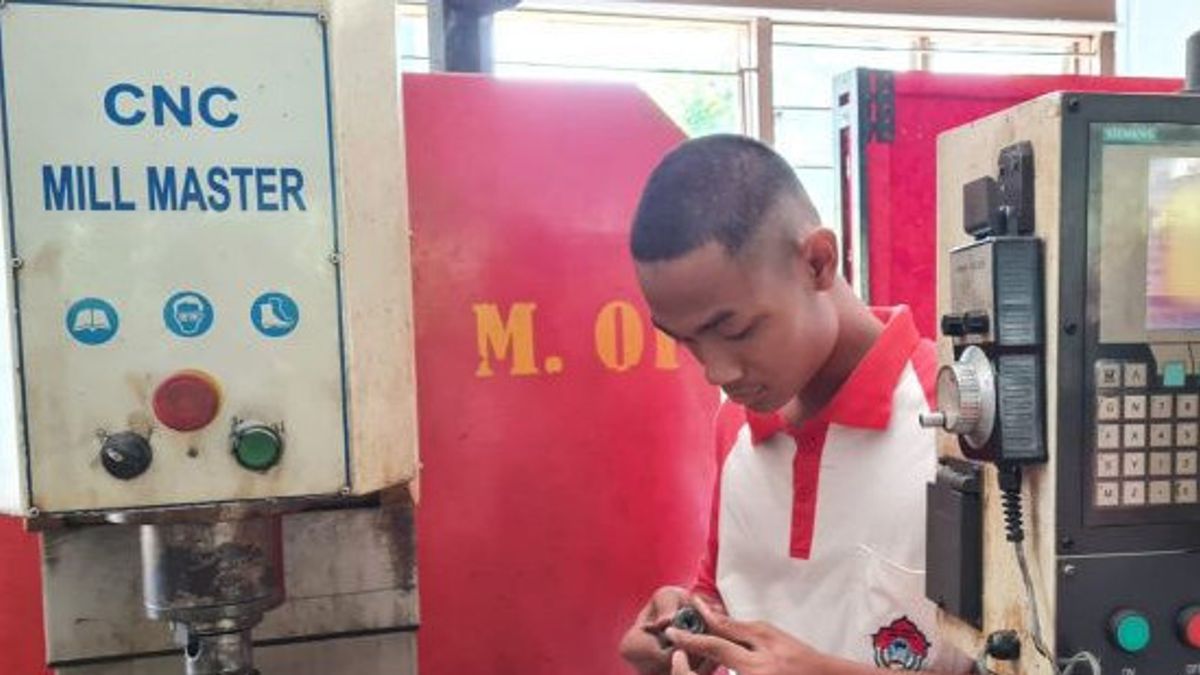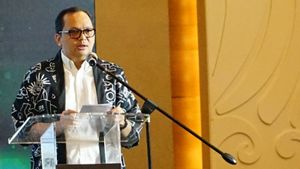JAKARTA - Central Java State Vocational High School (SMKN) opened an internship class to Japan for 40 students. So graduates can go straight to college while working.
"When they pass the selection, they can study while working in Japan and have the opportunity to be accepted by companies after completing their education," said Deputy Head of SMKN Central Java for Public Relations and Cooperation Heri Purnomo in Semarang, Wednesday, July 13, quoted from Antara.
The internship class is a collaboration between SMKN Central Java and LPK PT Kebon Teknologi Indonesia. Later, there will be a Japanese language preparation class and an introduction to Japanese culture for prospective interns.
He said that this internship program to Japan was a pilot program that was carried out at the beginning of this semester.
"This is a form of industrial class collaboration with internships in Japan, from 11th grade students who are talented and eager to work and study. We selected 40 people, then they will attend Japanese language and culture education for a year, outside of school hours," he said.
Regarding the curriculum and support for work laboratories, he said, SMKN Central Java was quite capable, as evidenced by the fact that several graduates had worked in Japan.
This free school at SMKN Central Java, which was initiated by the Governor of Central Java Ganjar Pranowo and funded by the Central Java Provincial Budget, has several modern tools that have become industry standards, such as a Computer Numerical Control (CNC) machine that can print metal according to computer programming.
In addition, a Japanese work culture was also formed at SMKN Central Java by putting up signs or terms in Japanese such as posters for the 5K culture of Accuracy (Seiri), Neatness (Seiton), Cleanliness (Seiso), Freshness (Seiketsu), and Discipline (Shitsuke).
"The equipment here supports the world of work, our children are no less competitive in doing work in Japan, only they need to be equipped with Japanese language and the lifestyle there. Some of our graduates have worked in Japan for three and four years, some have worked in Japan. per-cast factory, so they can afford to buy houses and rice fields for their parents in their hometown," said Heri Purnomo.
The English, Chinese, Japanese, Arabic, and French versions are automatically generated by the AI. So there may still be inaccuracies in translating, please always see Indonesian as our main language. (system supported by DigitalSiber.id)













